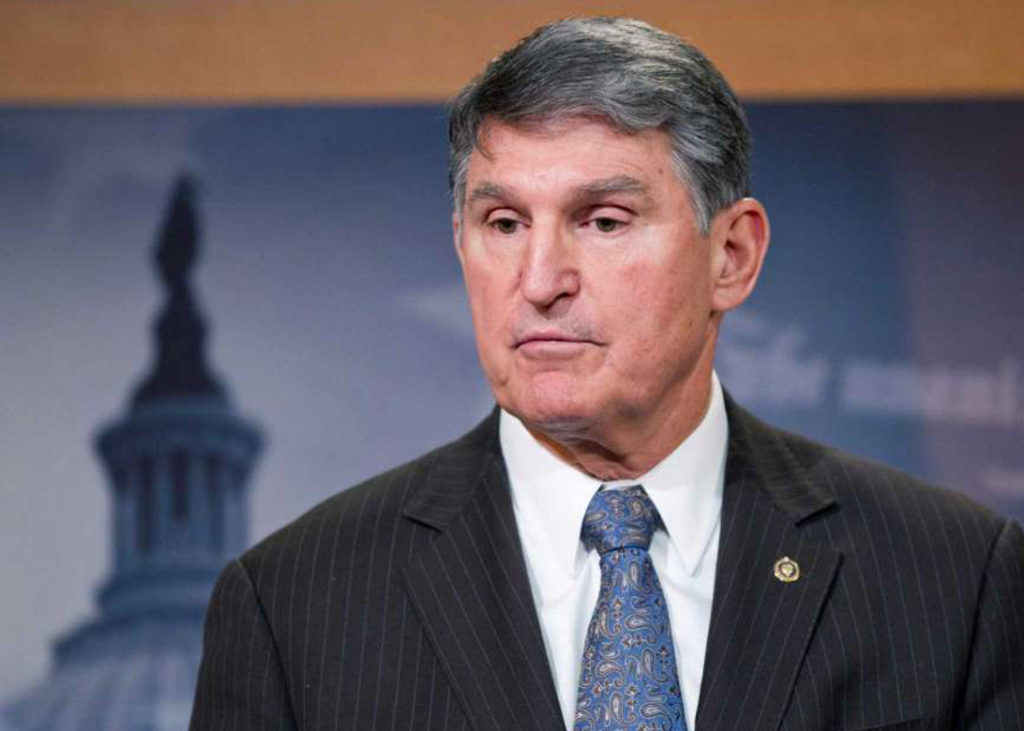
ST. GEORGE – The Interior Department set final rules Monday designed to reduce the environmental impact of coal mining on the nation’s streams. The long-anticipated move met with immediate resistance from Republicans who vowed to overturn it under President Donald Trump.
The new Stream Protection Rule updates 33-year-old regulations and will protect 6,000 miles of streams and 52,000 acres of forests by preventing debris from coal mining from being dumped into nearby waters.
The new rules will protect water quality, safeguard the environment and support economic opportunities by protecting communities from the long-term effects of pollution and environmental degradation, Interior Secretary Sally Jewell said. Jewell called the new rules a “modern and balanced” approach to meeting the nation’s energy needs.
“Regulations need to keep pace with modern mining practices, so we worked closely with many stakeholders to craft a plan that protects water quality, supports economic opportunities, safeguards our environment and makes coalfield communities more resilient for a diversified economic future,” she said.
The rule would ban mining companies from using practices that permanently pollute streams, destroy drinking water sources, increase flood risk and threaten forests, Interior Department officials said in a statement.
In addition, companies would be required to restore streams and mines, return the areas to the uses they were capable of supporting prior to mining activities and monitor streams that might be affected by mining before, during and after mining operations.
Interior officials said the Stream Protection Rule would cause less than 300 jobs to be lost when the rule takes effect next month. However, Republicans and some coal-state Democrats denounced it as a job-killer being imposed during President Barack Obama’s final days in office.
Coal already is struggling under steep competition from less expensive and cleaner-burning natural gas, along with regulations aimed at reducing greenhouse gas pollution that contributes to climate change.
Senate Majority Leader Mitch McConnell, R-Kentucky, called the rule part of Obama’s “eight-year war on coal” that has cost jobs and hurt coal miners and their families. McConnell and House Speaker Paul Ryan, R-Wisconsin, said they look forward to working with Trump to provide relief to coal communities hard-hit by the industry’s downturn.
McConnell plans to introduce a resolution of disapproval under the rarely used Congressional Review Act to overturn the stream-protection rule and vowed to “use every tool available to turn back this regulatory assault on coal country.”

Democratic Sens. Joe Manchin of West Virginia and Heidi Heitkamp of North Dakota also criticized the rule, which can be rejected by a majority vote in Congress.
Manchin called the rule alarming and said he will pursue legislation to make sure it doesn’t hurt coal mining communities and economies.
Hal Quinn, president of the National Mining Association, and other opponents said the rule appears to support the environmental movement’s “keep it in the ground” efforts to reduce extraction and use of fossil fuels such as coal and oil that contribute to global warming.
But locking away coal reserves will put tens of thousands of Americans out of work and raise energy costs for Americans, Quinn said.
However, the Sierra Club called the rule a long overdue step toward guaranteeing every community in America is protected from the toxic water pollution caused by surface coal mining.
The organization said the mining dumps dangerous heavy metals such as mercury, selenium and arsenic into local waterways and puts the health of families living near coalfields at risk.
The administration said the rule updates requirements in place since 1983. The biggest impact will be felt in states such as West Virginia, Ohio, Kentucky and Pennsylvania.
The new Stream Protection Rule was developed by the Office of Surface Mining Reclamation and Enforcement.
Since the intention to rewrite stream regulations was announced in 2009, the office has held 15 open houses and public meetings and received more than 150,000 written comments and statements.
“This rule takes into account the extensive and substantive comments we received from state regulators, mining companies and local communities across the country,” Assistant Secretary for Land and Minerals Management Janice Schneider said.
“We traveled the country, visited many mines, and met with many of the people who work and live in coal country to make sure we wrote the best rule possible – one that is both economically achievable and protective.”
Associated Press writer MATTHEW DALY contributed to this report.
Email: [email protected]
Twitter: @STGnews
Copyright St. George News, SaintGeorgeUtah.com LLC, 2016, all rights reserved.
I’m still waiting on any of you “true conservatives” to explain your extreme views on anti-conservation and anti-environmentalism–at least in a way that is coherent.
Instead of actually looking at the difference between the new rule and the old, this article just quotes vocal political radicals on both sides of the issue with no real analysis. It’s hard to argue for or against the new rule based on the contents of this article.
LOL ! your in for a long wait
I am conservative, and I can’t figure out why anyone would dump industrial waste into our rivers and streams or be against filtering and containing or recycling any pollutant. To me it is stupid to destroy our environment and it doesn’t make sense that we can’t have protective devices and procedures in place to prevent pollution.